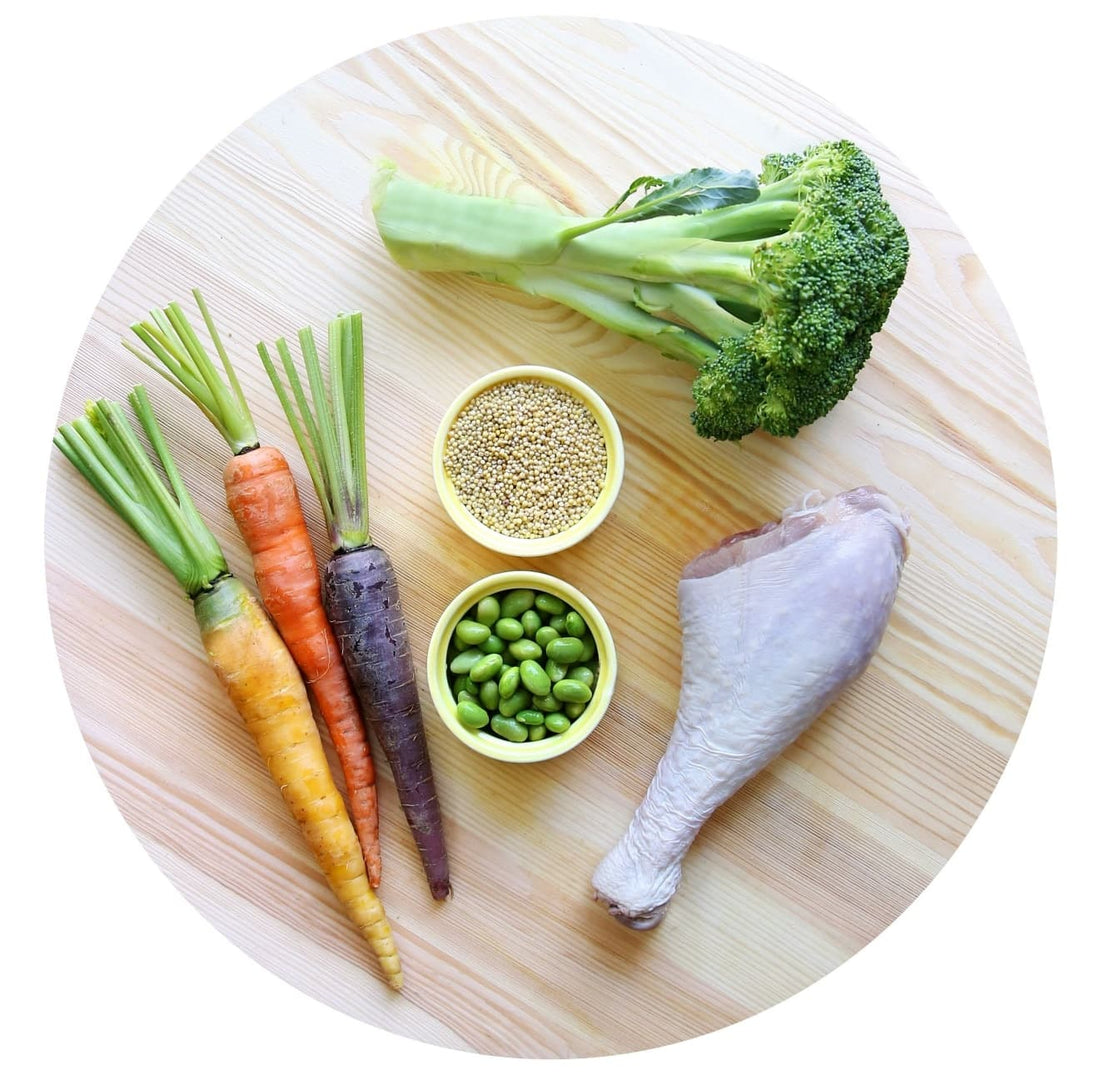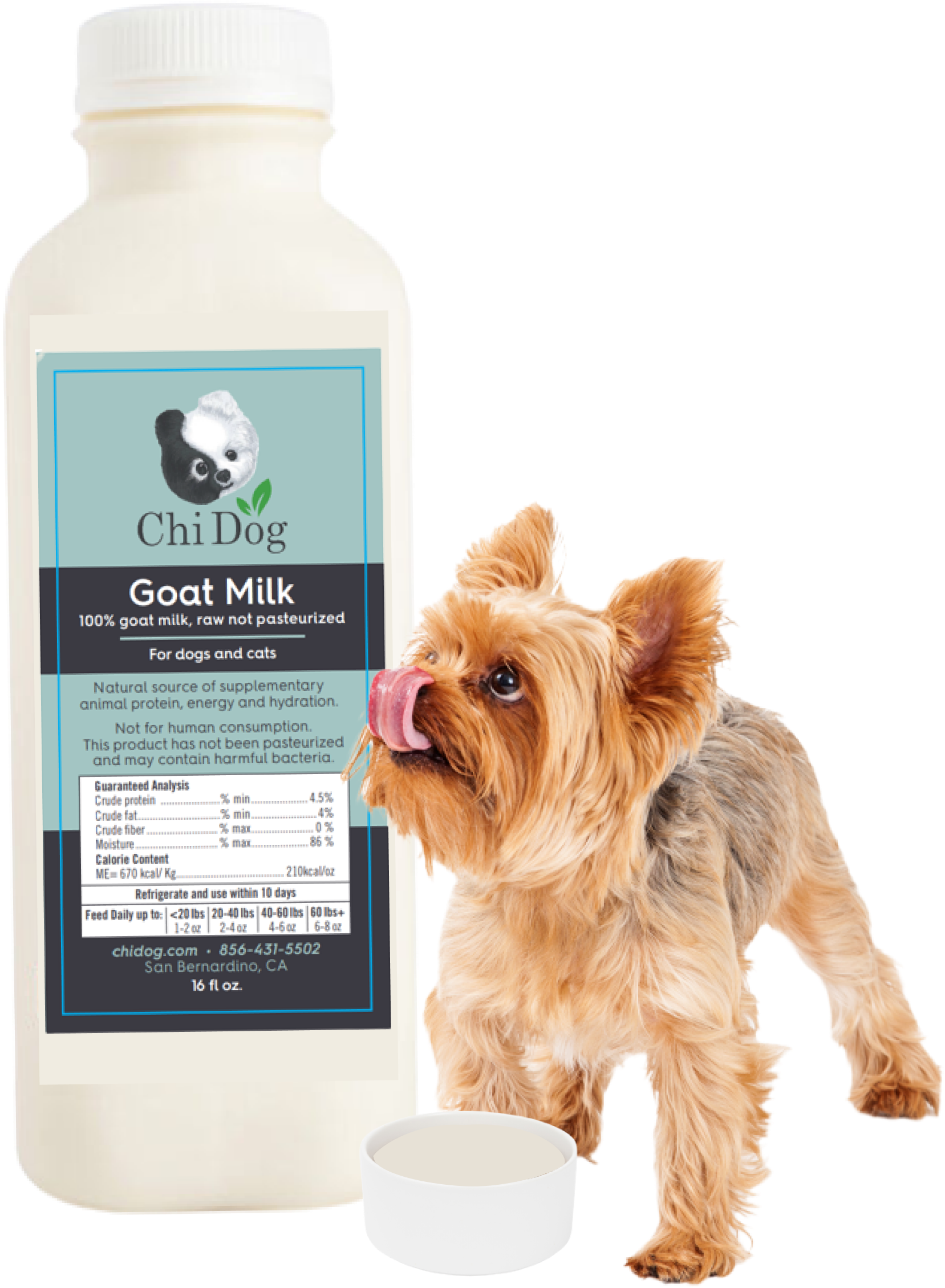
How To Select The Right Dog Food For Pancreatitis
Pancreatitis is a painful, miserable illness that affects multitudes of dogs every year. Whether your dog has suffered from a bout of pancreatitis or your dog’s breed is prone to this type of illness, switching to a holistic dog food for pancreatitis can be one of the best ways to prevent this issue from reoccurring.
What Does The Pancreas Do?
The pancreas is an organ that produces special enzymes that help dogs digest their food. The pancreas also helps your dog’s body regulate their blood sugar and this organ produces insulin. When the pancreas becomes inflamed, this can cause pancreatitis and chronic pancreatitis in dogs can lead to the development of diabetes.
Symptoms of Pancreatitis
Pancreatitis in dogs can present with a range of symptoms, varying from mild to severe. Being aware of these symptoms can help you identify the condition early and seek veterinary attention promptly. Here are some common signs of pancreatitis in dogs:
- Vomiting and Diarrhea: Persistent or recurrent vomiting is one of the most common signs of pancreatitis in dogs. The vomit may contain bile or be frothy. Loose, greasy, or foul-smelling stools can occur, sometimes accompanied by a yellowish tint due to bile. Diarrhea may indicate that the pancreas isn’t producing enough enzymes for digestion.
- Loss of Appetite: A dog with pancreatitis often shows a decreased interest in food or refuses to eat altogether, which can lead to weight loss if the condition persists.
- Abdominal Pain: Dogs may show signs of abdominal discomfort, such as hunching their back, adopting a "prayer position" (with their front legs stretched forward and chest lowered to the ground), or whimpering when their abdomen is touched. Dogs with pancreatitis may exhibit unusual body postures, such as a hunched back or a tucked-up abdomen, as they try to alleviate abdominal pain.
- Lethargy or Weakness: Dogs with pancreatitis often appear tired, listless, or weak. They may avoid activities they normally enjoy and prefer to rest.
- Fever: A mild to moderate fever may develop, indicating an inflammatory response in the body.
- Dehydration: Due to vomiting and diarrhea, dogs with pancreatitis can quickly become dehydrated. Symptoms of dehydration include dry gums, sunken eyes, and lethargy.
- Increased Heart Rate or Difficulty Breathing: Severe cases of pancreatitis can cause an increased heart rate (tachycardia) or labored breathing due to pain and inflammation.
- Jaundice (Yellowing of the Eyes or Gums): In cases where the inflammation affects the liver, jaundice may occur, causing the eyes, gums, and skin to take on a yellowish hue.
Less Common or Severe Symptoms
- Collapse or Shock: In severe cases, dogs can collapse due to pain, dehydration, or other complications like internal bleeding.
- Distended Abdomen: The abdomen may appear swollen or bloated due to fluid buildup or inflammation.
- Bleeding Disorders: Pancreatitis can sometimes lead to clotting issues, resulting in unusual bruising or bleeding.
If you notice any of these symptoms, especially in combination, it’s essential to seek veterinary care immediately. Pancreatitis can escalate quickly and cause severe complications such as systemic infections, organ failure, or even death if left untreated. Early intervention and proper medical management can significantly improve the outcome for dogs suffering from pancreatitis.
Why Causes Pancreatitis?
Pancreatitis, or inflammation of the pancreas can be caused by several factors. For instance, certain breeds tend to be more prone to pancreatitis than others. For instance, schnauzers, cocker spaniels, Dachshunds, poodles and several small terrier breeds tend to be prone to develop pancreas issues. Here are a few other reasons why dogs might develop pancreatitis.
- Dietary Causes
Diets high in fat are one of the most common triggers for pancreatitis. Feeding a dog fatty foods, such as high-fat dog food can cause the pancreas to become inflamed. A sudden change in diet, such as introducing new or rich foods, can also upset the balance in the pancreas, leading to inflammation. Dogs that accidentally ingest fatty human foods (such as leftover Thanksgiving turkey skin or butter) are at a high risk of developing acute pancreatitis.
- Obesity
Overweight dogs are more prone to pancreatitis because excess body fat can increase the level of fat in the blood (lipemia), putting additional stress on the pancreas.
- Underlying Health Conditions
- Endocrine Disorders:
Conditions such as diabetes, hypothyroidism, and Cushing’s disease can increase the risk of pancreatitis.
- Hyperlipidemia (High Blood Fat Levels):
Some dogs naturally have high levels of fat in their blood, which can lead to pancreatitis.
- Previous Episodes of Pancreatitis:
Dogs that have had pancreatitis before are at higher risk of recurrence.
- Medications & Toxins
Certain medications, such as corticosteroids, certain antibiotics, and some chemotherapy drugs, have been linked to pancreatitis. Always discuss potential side effects with your vet when starting new medications. Exposure to toxins, such as insecticides or other chemicals, can also trigger an episode.
- Trauma or Surgery
Physical trauma to the abdomen (e.g., being hit by a car or rough handling) or complications from abdominal surgery can lead to pancreatic inflammation.
- Infections
Bacterial or viral infections affecting the pancreas or other organs can contribute to the development of pancreatitis.
- Autoimmune Disorders
In rare cases, pancreatitis can result from the immune system attacking the pancreas, leading to inflammation and damage.
- Age & General Health
Older dogs and those with compromised health (e.g., weakened immune systems or chronic illnesses) are more susceptible to developing pancreatitis.
How To Prevent Pancreatitis
The best way to prevent pancreatitis is to tightly control your dog’s diet. A low fat dog food for pancreatitis as well as avoiding feeding your dog any fatty table scraps is ideal. Additionally, switching to a holistic dog food with human-grade ingredients also is the best option for these dogs.
Holistic dog food, such as Chi Dog, is designed specifically to address certain health issues. Chi Dog was designed using the principles of Traditional Chinese Veterinary Medicine (TCVM) which is meant to restore balance and support a dog’s health based upon that unique dog’s constitution and condition. Our foods are selected to aid healing and support optimum health and wellness.
Our Fire Diet is typically the ideal choice if you need a dog food for pancreatitis. This diet includes ground white turkey, which is naturally low in fat. We also include millet, carrots, edamame and broccoli in this diet, all of which are easily digestible.
This anti-inflammatory diet is not just an excellent low fat dog food for pancreatitis, it also is a great match for dogs with Cushing’s disease, as well as dogs with heart disease, anxiety, skin allergies and even chronic urinary tract infections or eye inflammation.
While this is a low-fat diet, we also offer the Earth Diet, which is ideal for dog parents searching for the best weight loss food for dogs. This vegetarian diet also is anti-inflammatory and can be a great cancer fighting food for dogs.
All of our diet plans feature gently cooked, human-grade ingredients. While a raw diet can be a good option for younger, healthy dogs, a gently cooked diet is best for dogs with pancreatitis or any digestive issues. Gently cooking preserves nutrients, while making it a bit easier for your dog to digest.
If you need a low carb dog food, all of our diet plans are low in carbs, and we never use carb sources such as wheat, corn or soy. Dogs do need some carbohydrates, but most kibble is packed with cheap carbs that act as fillers without providing your dog with the nutrition they need. We opt for carbs such as millet, barley and brown rice which pack a much better nutritional punch, so to speak, and are much easier for dogs to digest.
We know dog parents love to provide a tasty treat or two for their sweet dogs, but we strongly caution you from feeding your dog any table scraps. While human-grade food is good for dogs, our table scraps are often very high in sodium, sugar and fat, all of which can be dangerous for dogs, especially those prone to pancreatitis and digestive issues.
When it comes to treats, most processed dog treats also aren’t a great option, as these tend to be loaded with chemicals, such as preservatives, as well as being high in sodium and calories. We recommend offering treats such as a nibble of carrot, a blueberry or perhaps a smidge of fresh watermelon or cantaloupe. These are tasty for dogs and gentle on their bodies.
Get Started With Chi Dog
Whether you need a dog food for pancreatitis, a sensitive stomach dog food, a low sodium dog food, a low copper dog food or a food formulated for any specific health issue, Chi Dog has options for just about any dog. We encourage you to click on the Get Started tab and answer a few questions that will lead you to the ideal match for your dog’s unique health needs. If you have any questions about our veterinarian-created diet plans, please don’t hesitate to contact us at any time.


